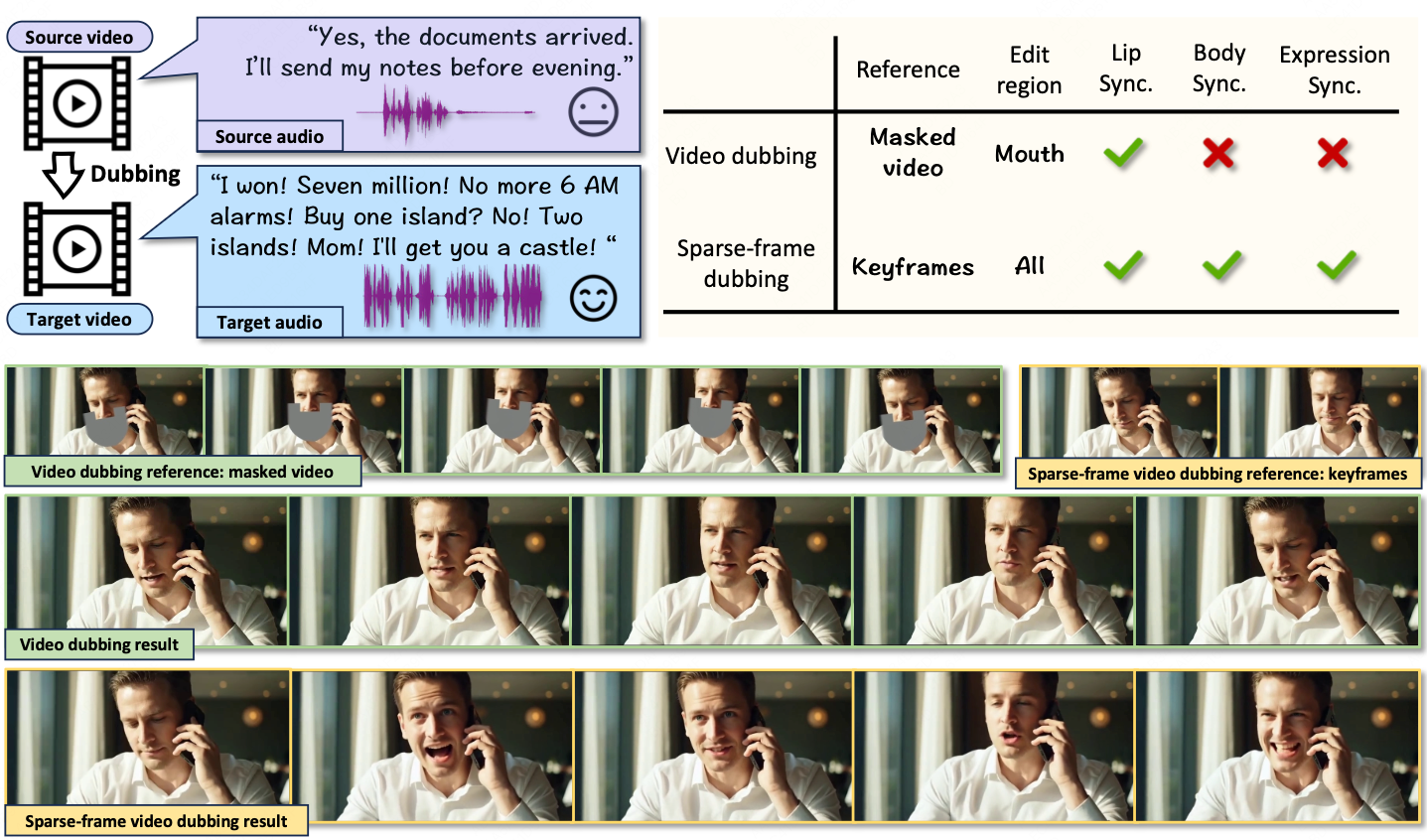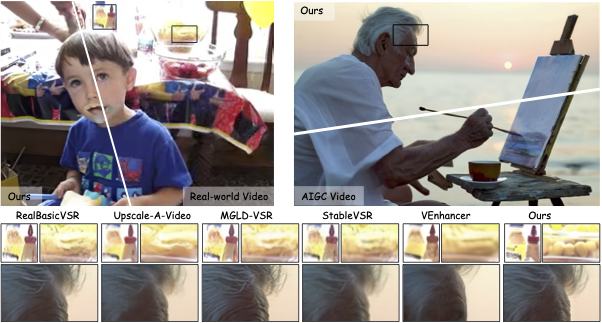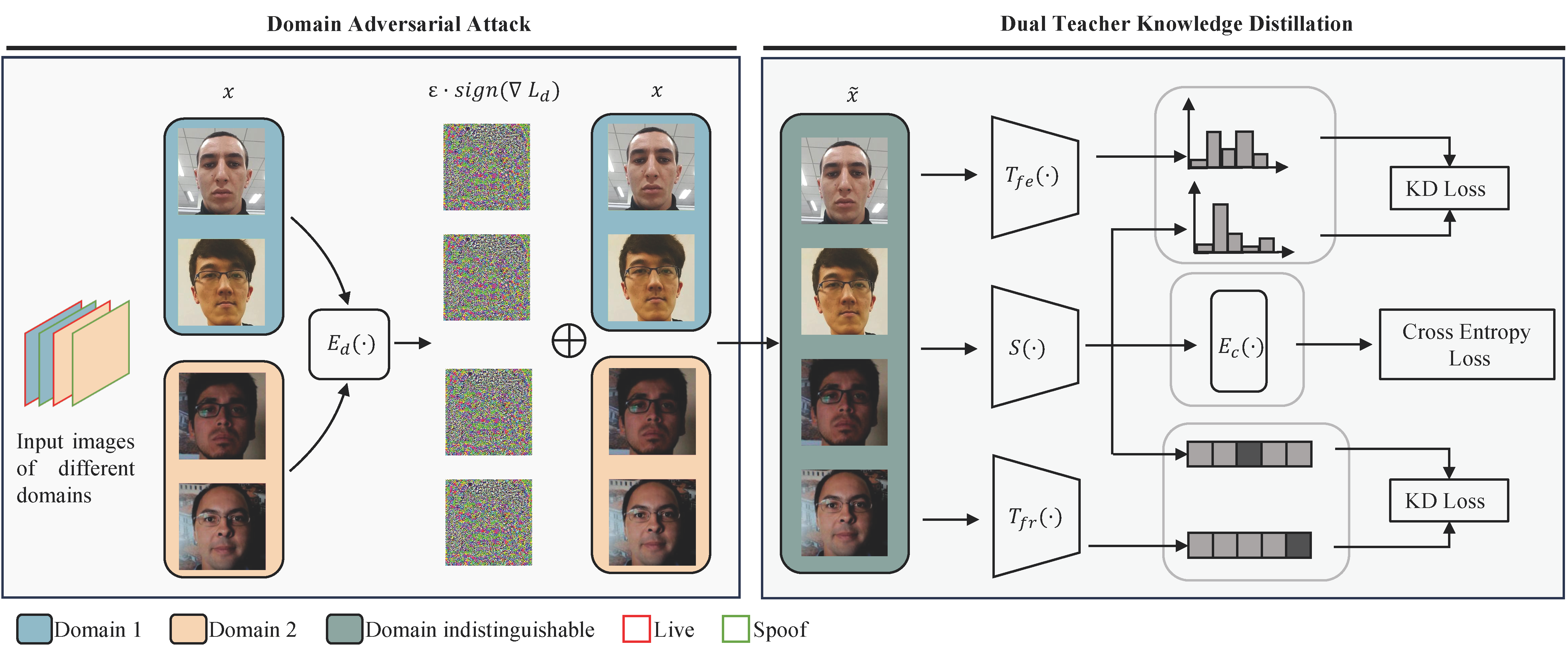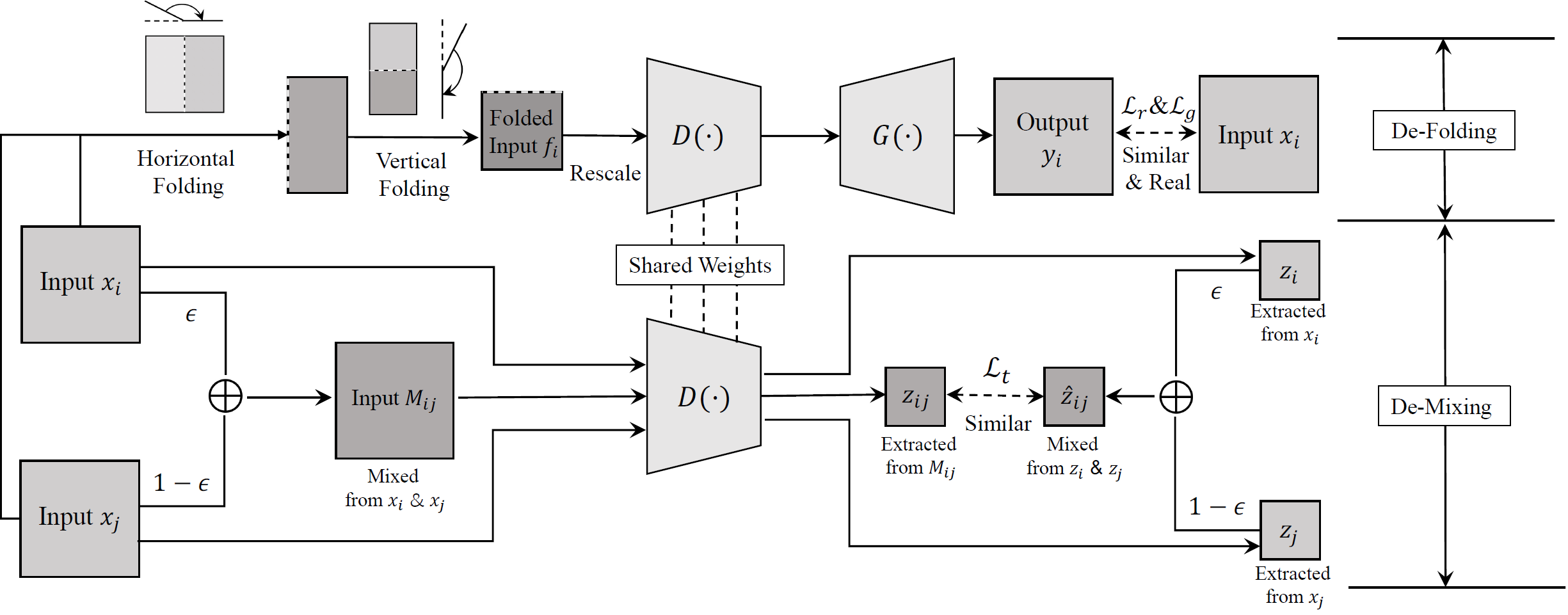I am working towards a Ph.D. degree at Sun Yat-sen University, under the supervision of Prof. Wenhan Luo and Prof. Guanying Chen.
Before, I received the M.E. degree from Shenzhen University, China, 2023 and under the supervision of Prof. Feng Liu and Prof. Linlin Shen.
My research interests include generative models and image/video synthesis.
📝 Publications
-
Let Them Talk: Audio-Driven Multi-Person Conversational Video Generation,
Zhe Kong *, Feng Gao *, Yong Zhang, Zhuoliang Kang, Xiaoming Wei, Xunliang Cai, Guanying Chen, Wenhan Luo
Conference on Neural Information Processing Systems (NeurIPS), 2025.
[arxiv] [code] [project] 
Technical Report

-
InfiniteTalk: Audio-driven Video Generation for Sparse-Frame Video Dubbing,
Shaoshu Yang *, Zhe Kong *, Feng Gao *, Meng Cheng *, Xiangyu Liu *, Yong Zhang, Zhuoliang Kang, Wenhan Luo, Xunliang Cai, Ran He, Xiaoming Wei
Technical Report, 2025.
[arxiv] [code] [project] 
ACM SIGGRAPH 2025

-
DAM-VSR: Disentanglement of Appearance and Motion for Video Super-Resolution,
Zhe Kong, Le Li, Yong Zhang, Feng Gao, Shaoshu Yang, Tao Wang, Kaihao Zhang, Zhuoliang Kang, Xiaoming Wei, Guanying Chen, Wenhan Luo
ACM SIGGRAPH, 2025.
[arxiv] [code] [project] 
ECCV 2024

-
OMG: Occlusion-friendly Personalized Multi-concept Generation in Diffusion Models,
Zhe Kong, Yong Zhang, Tianyu Yang, Tao Wang, Kaihao Zhang, Bizhu Wu, Guanying Chen, Wei Liu, Wenhan Luo,
European Conference on Computer Vision (ECCV), 2024.
[arxiv] [code] [project] [huggingFace demo] 
TCSVT

-
Dual Teacher Knowledge Distillation with Domain Alignment for Face Anti-spoofing,
Zhe Kong, Wentian Zhang, Tao Wang, Kaihao Zhang, Yuexiang Li, Xiaoying Tang, Wenhan Luo,
IEEE Transactions on Circuits and Systems for Video Technology (TCSVT), 2024.
[paper] [arxiv]
TNNLS

-
Taming Self-Supervised Learning for Presentation Attack Detection: De-Folding and De-Mixing,
Zhe Kong, Wentian Zhang, Feng Liu, Wenhan Luo, Haozhe Liu, Linlin Shen, Raghavendra Ramachandra,
IEEE Transactions on Neural Networks and learning systems (TNNLS), 2023.
[paper] [arxiv] [code] 
TIFS

-
Fingerprint Presentation Attack Detection by Channel-Wise Feature Denoising,
Feng Liu, Zhe Kong, Haozhe Liu, Wentian Zhang, Linlin Shen,
IEEE Transactions on Information Forensics and Security (TIFS), 2022.
[paper] [arxiv] [code] 
💻 Internships
🎖 Honors and Awards
- 2023 Outstanding Graduate Award (Rate<5%)
- 2022 Excellent Academic Scholarship, First Class.
- 2021 Excellent Academic Scholarship, First Class.
- 2020 Freshman Scholarship, First Class.
Visitors






 2024.04 - 2024.09, AI Lab CVC, Tencent, Research Intern, supervised by Dr. Yong Zhang
2024.04 - 2024.09, AI Lab CVC, Tencent, Research Intern, supervised by Dr. Yong Zhang





